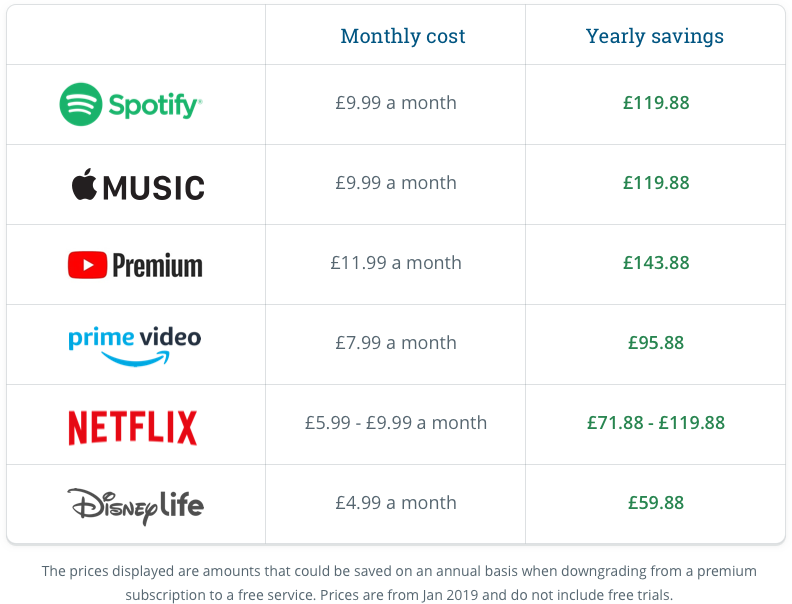
.
So far, we've learnt what debt is. But how do you work out which debts you should pay off first?
Remember we made a list of income and expenditure? Well, now we can use that to our advantage.
Start by listing out all of your debts.
Priority debts
Priority debts are debts you should focus on as the result of non-payment will be more severe than non-payment of your non-priority debts. Priority debts could include:
Mortgages or rent: non-payment could result in you losing your home.
Council tax: It's important you keep up-to-date with your council tax payments, or bailiffs may be appointed to remove goods from your property if you fall behind.
Gas and electricity bills: Gas and electricity are also classed as priority bills, as non-payment can result in your creditors cutting off your supply.
Water bills: Slightly different to the gas and electricity in that your water company cannot legally cut off your water supply. However, they can enforce a debt through the courts.
Car finance/lease: if you don't pay, the creditor might have the option to take your car away as ownership remains with the creditor until you pay off the balance (in the case of a lease, you are effectively hiring the car, so ownership always remains with the creditor).
Other priority debts: You should also consider other priority bills that might affect your future financial stability. Things such as:
- County Court judgments (CCJs)
- Magistrate or court fines
- Child maintenance
- TV licence
Help utilise your money better
Sometimes we forget how much we're paying towards services like TV and music subscriptions like Netflix, Youtube Premium, Amazon Prime, Disney+, Apple Music or Spotify Premium, and mobile phone contracts. It might be worth listing these out and deciding if you need them all.

.
While these will generally be rolling monthly contracts, with no fixed end date, you can easily cancel those subscriptions to help you free up money to pay off your other debts. (Some rolling contracts incur cancellation fees, so always read the terms and conditions.)
Remember, you always have Cabot's Budget Planner to help you to work out what you have spare each month.
So now we've worked out which debts to prioritise, tomorrow we'll look at who to talk to about your debt, from your creditors to your loved ones and financial advisors. Stay tuned for Day 4!
Fact of the day:
Did you know credit card debt in the UK hit £62.3 billion in July 2020, according to The Money Charity.
Think someone else will benefit from this series?
Click the button below and share the sign up page.

